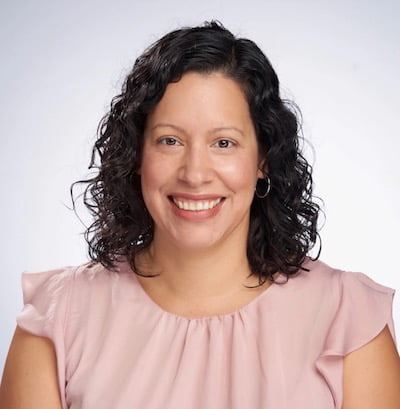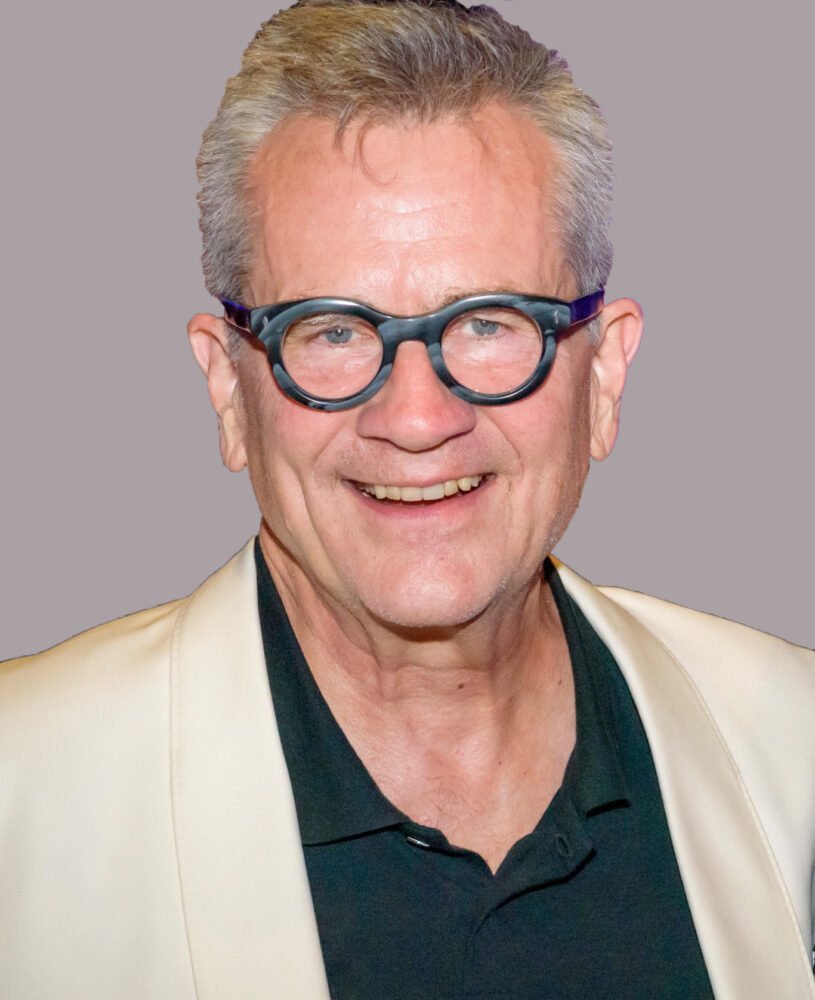First-ever application of a federal policy around discrimination and disability by the Bureau of Indian Education
PHOENIX, ARIZONA – October 2, 2020 – Arizona District Court Judge Steven Logan approved a historic settlement in a civil rights lawsuit brought by students attending Havasupai Elementary School and the Native American Disability Law Center (NADLC) addressing the wholesale denial of educational opportunities for Native American students with disabilities. The settlement is a crucial first step in ensuring that the federal Bureau of Indian Education (BIE) fulfils its obligation to ensure that students with disabilities at Havasupai Elementary School receive equal access to education.
“This historic agreement has paved a path forward for my three children to have educational opportunities they were deprived of at Havasupai Elementary School. While nothing can ever make up for the time they lost, we now have an opportunity to look to the future and get them the education they have always been entitled to and deserve,” said Billie P., mother of student Plaintiffs Durell P., Taylor P. and Freddy P.
As a result of the lawsuit, the BIE has issued the first-ever national policy implementing Section 504 of the Rehabilitation Act of 1973, an anti-discrimination law the BIE admits it must comply with. The policy includes how to identify, evaluate and provide accommodations to students with disabilities, including those exposed to childhood trauma to ensure they are provided equal access to education.
The settlement resolves only the claims challenging the BIE’s failure to meet the needs of students with disabilities; the Plaintiffs will appeal the Judge’s denial of the claims challenging the denial of basic general education to the 9th Circuit Court of Appeals. The potential impact of a decision in that appeal could affect the thousands of Native American students attending BIE schools by holding the BIE accountable for providing education required under the Indian Education Act.
“The settlement the families reached with the federal government means that children with disabilities attending Havasupai Elementary School, located at the bottom of the Grand Canyon, are entitled to receive the services and supports they need, just like children with disabilities across the rest of the country. The student families and the Tribe have long fought for the educational rights of our children. We will continue to support the families as they seek to hold the federal government accountable to its promises and obligations to provide education to our children. The Tribe appreciates the continued support and efforts being made by the Native American Disability Law Center and its team of experts in continuing to fight for the rights of our children,” said Vice Chairman Matthew Putesoy Sr.
“The students in this case can look to this settlement and know that their parents fought for them to have the education they deserve with unwavering courage and foresight. In this settlement, the families ensured that the federal government’s belated policy to prohibit discrimination against students with disabilities at BIE operated schools will be permanent, required independent monitoring of the government’s actions to implement the policy at Havasupai Elementary School and made certain that any findings will be public. The families and the community remain committed and tireless in their efforts to improve the school for Havasupai children,” said Tara Ford, Clinical Supervising Attorney and Lecturer at Law for Stanford Law School’s Youth & Education Law Project.
The BIE subjected Havasupai schoolchildren like Plaintiff Stephen C. to repeated educational harms at Havasupai Elementary School over a period of years. Instead of getting the educational support and resources he needed after being diagnosed with ADHD, Stephen C. was pushed out of school and referred to law enforcement. He was routinely sent home early, missing about 50% of instructional time because the school was unable to meet his behavioral and mental health needs, at times only receiving an hour of instructional time a week.
Alexis DeLaCruz, attorney with the Native American Disability Law Center, has represented Stephen C., and the other 11 current and former Havasupai students impacted by the agreement, since the outset of the case. She pointed out, “This case was started by nine Havasupai students in their effort to obtain appropriate education services and resulted in a significant change for the other 6,000 Native American students with disabilities attending BIE schools across the country. The 504 Policy created by the BIE ensures that students with disabilities have access to services while in school and reasonable accommodations for those staying in BIE dormitories or participating in other BIE programs.”
The settlement also requires an independent monitor to ensure that legal protections for students with disabilities are being followed at Havasupai Elementary School and provides compensatory educational funds for the student plaintiffs so that families can access educational services to advance their children’s education based on their specific needs.
“This victory is a milestone more than four decades in the making. For the first time since the Rehabilitation Act was passed in 1973, the federal government has a comprehensive policy to ensure that Native students with disabilities receive meaningful access to education and will be enforcing that policy at Havasupai Elementary School,” said Kathryn Eidmann of Public Counsel. “We will continue the fight alongside these courageous families to ensure that the federal government lives up to its promises and that every child receives a decent education.”
“The Bureau of Indian Education must be held accountable for how they manage schools,” said Emily Curran-Huberty of Munger, Tolles & Olson, LLP. “They are responsible for the education of thousands of students across the country, students with different abilities and backgrounds that must be accommodated. This agreement is an important step towards addressing that and shows that students and parents will not waver in their determination to get the education they deserve.”
The Havasupai Tribe is a federally recognized Native American tribe located at the bottom of the Grand Canyon in Northern Arizona. The civil rights action is brought by attorneys from NADLC, Public Counsel, Stanford Law School’s Youth and Education Law Project, the law firms Munger, Tolles & Olson LLP and Sacks Tierney P.A., which are handling the case pro bono.
Read the settlement here.
Learn more about the lawsuit here.
###
The Native American Disability Law Center is a non-profit organization whose mission is to help protect the legal rights of Native Americans with disabilities living in the Four Corners of Arizona, Colorado, New Mexico, and Utah. Native Americans with disabilities face unique legal issues that require advocacy designed to enforce, strengthen and bring their legal rights into harmony with their communities. The Law Center strives to advocate with a generosity of spirit to ensure that Native Americans with disabilities have access to justice and are empowered and equal members of their communities and nations. The Law Center accomplishes its work by collaborating with tribal nations to advance the rights of persons with disabilities, providing direct legal services to individual clients, providing training and education to individuals with disabilities and their families and communities, and by bringing impact litigation to protect and promote the rights of Native Americans with disabilities. The Law Center has offices in Farmington and Gallup, New Mexico. Learn more at www.nativedisabilitylaw.org.
Public Counsel is the nation’s largest pro bono law firm. Founded in 1970, Public Counsel strives to achieve three main goals: protect the legal rights of disadvantaged children; represent immigrants who have been the victims of torture, persecution, domestic violence, trafficking, and other crimes; and foster economic justice by providing individuals and institutions in underserved communities with access to quality legal representation. Through a pro bono model that leverages the talents and dedication of thousands of attorney and law student volunteers, along with an in-house staff of more than 75 attorneys and social workers, Public Counsel annually assists more than 30,000 families, children, immigrants, veterans, and nonprofit organizations and addresses systemic poverty and civil rights issues through impact litigation and policy advocacy. For more information, visit www.publiccounsel.org.
Stanford Law School’s Youth and Education Law Project is an in-house legal and teaching clinic advocating on behalf of disadvantaged youth and their communities to ensure that they have access to equal and excellent educational opportunities. For more information, visit https://law.stanford.edu/youth-and-education-law-project/
Munger, Tolles & Olson LLP attorneys have partnered with clients on their most complex matters. With a deep bench that includes former governmental luminaries and over 155 former federal judicial clerks, our attorneys have extensive experience handling precedent-shaping cases before the U.S. Supreme Court, Courts of Appeals, and federal and state courts across the country. The firm’s lawyers include 17 former clerks for U.S. Supreme Court justices, 11 former federal prosecutors, four fellows in the American College of Trial Lawyers, two members of the American Academy of Appellate Lawyers, and two former chairs of the American Bar Association Section of Litigation. Munger Tolles has been consistently ranked on The American Lawyer’s A-List since its inception in 2004, including seven years in the top spot. We have earned our reputation by providing clients with exceptional judgment, creative thinking, and a deep commitment to understanding the complexities of their businesses and industries.
Sacks Tierney P.A. is a widely respected mid-size law firm, where clients enjoy personal attention, performance that exceeds expectations, and uncompromising commitment to professionalism and innovation. Since its founding in 1960, Sacks Tierney has distinguished itself by its skill, energy, integrity, community leadership, pro bono volunteerism, and pioneering expertise in legal areas of special value including Indian Law and Tribal Relations. It is through these values, strong relationships with Indian Nations and attorneys’ knowledge of pertinent federal laws that Sacks Tierney provides quality representation to Native American clients on tribal lands. Through its affiliation with MERITAS, a global network of law firms serving 230 markets, Sacks Tierney meets clients’ needs locally, tribally and internationally. For more information, visit www.sackstierney.com.






